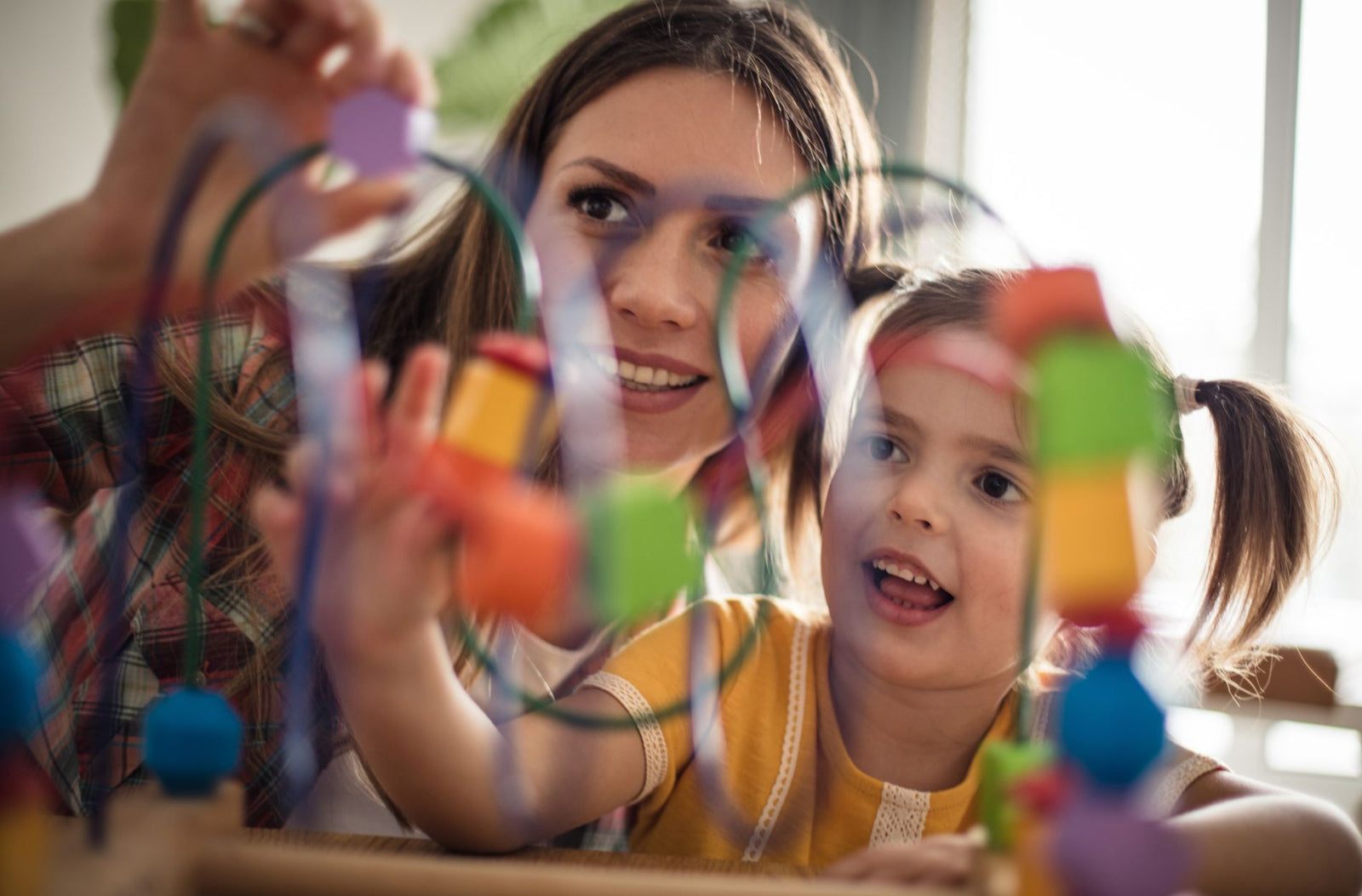Montessori Philosophies: Encouraging Creativity and Self-Expression in Early Childhood

Creativity and self-expression hold a significant place in a child's development, helping them form a sense of identity and discover new ways to engage with the world. The Montessori approach, which focuses on fostering a child's natural curiosity and self-directed learning, offers unique insights into encouraging creativity and self-expression in early childhood. By understanding the Montessori principles and strategies that inspire artistic growth and imaginative thinking, parents, caregivers, and educators can support children in exploring their innate creative potential.
In this article, we will delve into the fundamental Montessori philosophies that champion creativity and self-expression in young children, emphasizing the significance of fostering these skills during early development. Additionally, we will provide some Montessori-inspired activities and recommendations for nurturing creativity and self-expression in an engaging and supportive environment.
Embrace the Montessori approach to cultivating creativity and self-expression, empowering young children to explore, imagine, and express themselves in various ways. By incorporating Montessori philosophies into daily life, parents, caregivers, and educators can create a vibrant learning environment that supports children's artistic development and imaginative growth.
1. The Importance of Creativity and Self-Expression in Early Childhood
Nurturing creativity and self-expression during early development offers a multitude of benefits for young children:
- Cognitive Development: Creativity and self-expression foster critical thinking, problem-solving, and innovation, supporting a child's cognitive growth.
- Emotional Growth: Self-expression allows children to explore and communicate their emotions in a healthy manner, promoting emotional resilience and well-being.
- Social Skills: Creative collaboration encourages children to engage with others, build relationships, and develop teamwork skills.
- Sense of Identity: Engaging in creative activities and self-expression enables children to form a sense of identity and cultivate self-esteem during the formative years.
2. Montessori's Approach to Fostering Creativity and Self-Expression
The Montessori approach embraces specific principles and methods that inspire creativity and self-expression in young children:
- Individualized Learning: Montessori encourages each child to explore their interests and pursue individualized learning, facilitating a natural discovery of their creative talents.
- Hands-On Experiences: Montessori emphasizes the use of hands-on activities and multisensory materials, which engage children and allow for creative exploration.
- Freedom Within Limits: The Montessori environment offers an element of autonomy within clearly defined boundaries, encouraging children to make creative choices and engage with materials independently.
3. Hands-On Montessori Activities to Inspire Artistic Growth
Various Montessori-inspired activities can help encourage creativity and artistic expression in young children:
- Art Stations: Create open-ended art stations featuring an assortment of materials, such as watercolor paints, clay, pastels, or collaging materials, allowing children to explore and express themselves artistically.
- Music Exploration: Introduce children to a variety of musical instruments and invite them to create their melodies or experiment with rhythm, developing their musical abilities and fostering self-expression.
- Nature Art: Encourage children to use natural materials, such as leaves, flowers, or stones, to create unique artwork, fostering their creativity and appreciation for the natural environment.
- Dramatic Play: Set up a "drama corner" with various props and costumes, providing children with opportunities to engage in imaginative play, storytelling, and self-expression.
4. Nurturing Imagination Through Montessori-Inspired Play
Montessori-inspired play offers a creative approach to fostering imagination and self-expression in young children:
- Open-Ended Play: Encourage open-ended play with materials and toys that can be manipulated and explored in numerous ways, allowing children to freely express their creativity and imagination.
- Creative Problem Solving: Involve children in collaborative problem-solving activities, such as building structures or designing obstacle courses, which require them to use their imagination and critical-thinking skills.
- Storytelling: Integrate storytelling activities into play experiences, which enable children to create narratives, practice communication skills, and formulate imaginative scenarios.
5. The Role of the Prepared Environment in Encouraging Creativity
Establishing a supportive, well-prepared environment contributes to the cultivation of creativity and self-expression in early childhood:
- Accessible Materials: Ensure that creative materials, such as art supplies and musical instruments, are readily available and accessible to children, inviting them to explore at their own pace.
- Adequate Space: Provide ample space for children to engage in a variety of creative activities, such as painting, dancing, or constructing imaginary worlds.
- Display Kids' Artwork: Showcase children's artwork and creations, recognizing their efforts and promoting a sense of pride and accomplishment.












